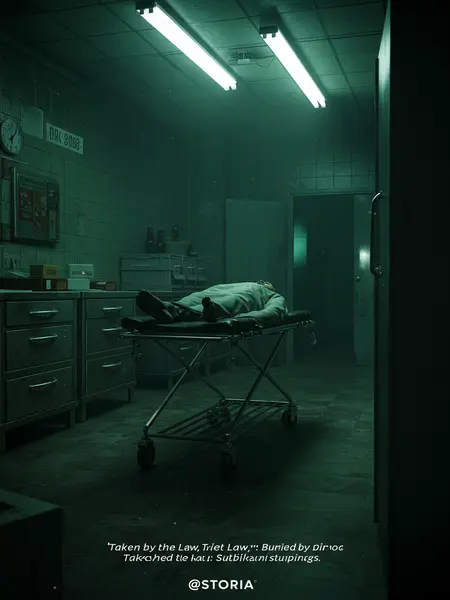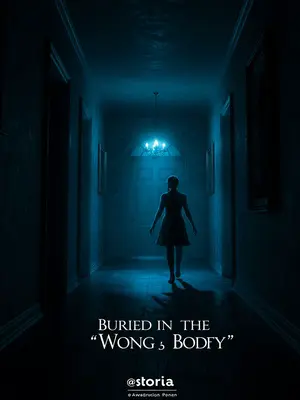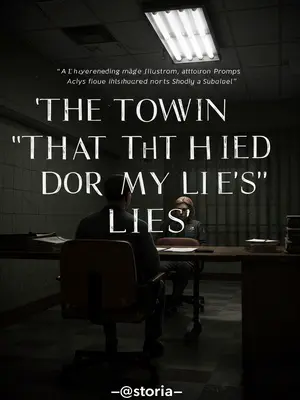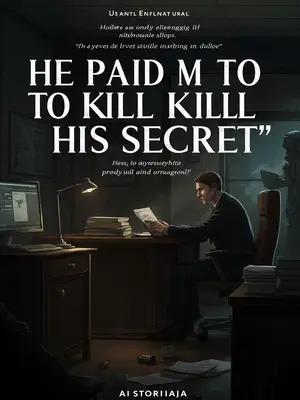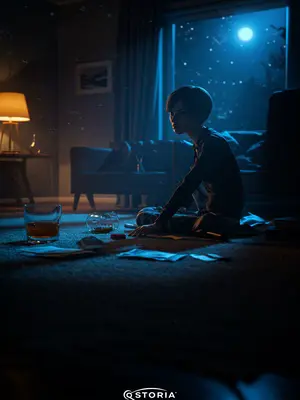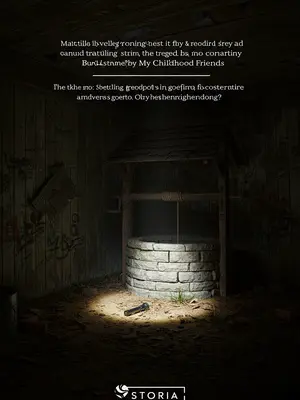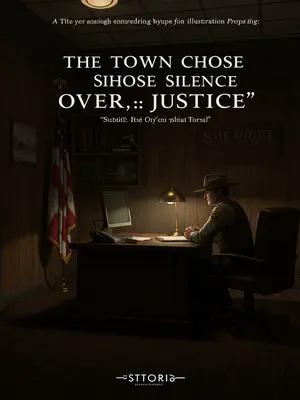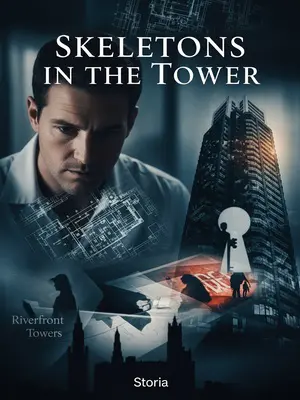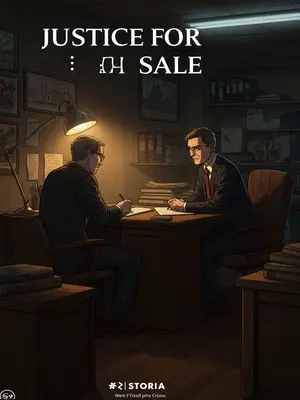Chapter 1: The Night Everything Changed
In the early 2000s, cities like Savannah, Georgia, rolled out controversial rules—if you couldn’t prove you lived there, you risked getting swept up for 'relocation.'
They called it 'detention and relocation'—but everyone knew it meant getting hauled off if you didn’t have the right address.
But this time, everything changed—a college student died in the hospital three days after being picked up. The holding facility listed his cause of death as sudden death.
His death shook the whole country.
1
On March 20, 2003, Leonard Sullivan was at home in Maple Heights, Ohio, when the phone rang. It was late, the world outside muted by early spring chill. On the other end, a young woman’s voice trembled—a classmate of his eldest son, Daniel Sullivan.
She said, “Mr. Sullivan, something’s happened to Daniel down in Savannah. For some reason, he was picked up by the police and sent to the holding center. Now he’s in the hospital. You should come quickly.”
There was a long, raw pause—a kind of silence that fills your chest with dread—before she finally whispered, “Mr. Sullivan, Daniel has passed away.”
Leonard’s hand shook so badly he nearly dropped the phone. His mind raced—was this some kind of sick prank? Daniel was supposed to be safe at college. For a moment, he was frozen. It didn’t seem possible. His mind reeled, trying to deny what he’d just heard. But he couldn’t shake it, either.
He kept the news from his wife—she was still up, folding laundry in the next room—then grabbed his coat and made a hasty call for a cab to Toledo. The porch light buzzed overhead, throwing his shadow long across the frost-bitten lawn as he hurried toward the curb. The Ohio night air bit through his jacket as he met up with his younger son, Patrick, who’d been working a late shift there. By midnight, together with a few of Daniel’s uncles—five or six somber men, eyes red and voices low—they boarded the overnight Amtrak south.
The train car smelled faintly of coffee and old vinyl, and the rhythmic clack of the tracks did nothing to calm Leonard’s nerves. On that long ride, Leonard wept openly, not caring who saw. The Amtrak police, doing their rounds, noticed his distress and leaned in to ask what was wrong. Leonard told them the story, his voice catching. The officer frowned, shook his head gently, and tried to comfort him: “That doesn’t add up, sir. If something happened to your boy, the cops would’ve called you themselves. Are you sure it wasn’t a misunderstanding?”
When the train finally creaked into Savannah at dawn, the men’s eyes were rimmed with sleeplessness. Several of Daniel’s classmates were waiting at the station, faces drawn and pale. They barely spoke as they led Leonard and his family straight to the funeral home. The city’s humidity wrapped around them, thick and heavy, as if the air itself mourned. In the van, muffled sobs broke the silence, and everyone’s heart slowly surrendered to the truth of the terrible news.
At the funeral home, Leonard braced himself as an attendant led them to a back room. There, under harsh fluorescent lights, he saw Daniel’s body lying motionless, covered with a white sheet that looked far too thin. His son’s face was pale and still. Leonard’s knees nearly buckled when he saw Daniel. His breath hitched, and for a second, he thought he might pass out.
Daniel was really gone.
It was unthinkable—such a tragedy, the death of a young man—yet not a single official had come forward to explain what happened. No police, no city official, not even a caseworker. Instead, the funeral director kept glancing at the clock, tapping a clipboard, his voice low but insistent—like he was reading from a script he didn’t want to question. He pressed them to cremate the body quickly, insisting the facility couldn’t keep it any longer. The pressure felt callous, almost menacing, as if someone wanted this over and done with.
All the Sullivans got was a plain slip of paper, barely more than a sentence: sudden death, stroke, sudden heart failure.
Leonard and Patrick locked eyes, their faces twisted with disbelief and anger. Patrick muttered, 'This is bullshit. Daniel never had heart problems.'
Even more chilling, as Leonard gazed through tears at his son’s body, he noticed ugly bruises along Daniel’s arms and torso—marks that told a darker story. Leonard’s hands shook as he traced the bruises on Daniel’s arm. He felt a surge of rage—someone had done this to his boy. Leonard’s heart filled with cold certainty: there was some ugly secret behind his son’s death, something someone wanted to bury.
With his mind spinning and grief boiling into anger, Leonard put his foot down. He refused to authorize cremation. Later, he would look back and thank God he’d stood his ground. It was the smartest choice he ever made.
